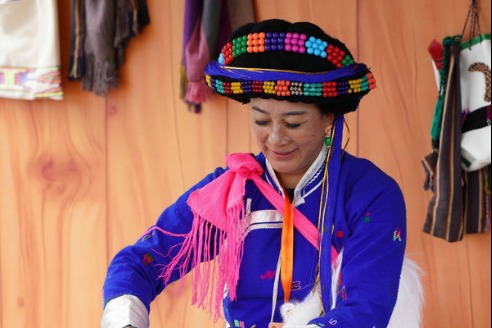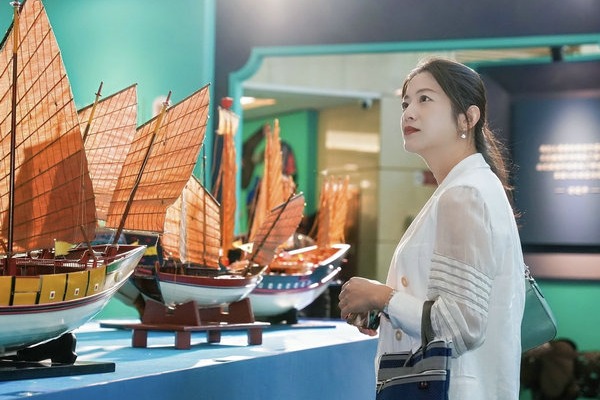A journey across boundaries


When A General Theory of Oblivion won the International Dublin Literary Award in 2017, he said he wanted to use the prize money to help build a library on the Island of Mozambique, a wish he has not yet been able to realize mostly due to high property prices.
Like many writers, Agualusa also agrees that "a writer is first and foremost a great reader".
"To nurture a writing community, the first thing needed is to nurture a reading community. If you want to develop hundreds of writer communities, you need a library network," he says.
Agualusa says he was privileged because he grew up in a family which had a small library at home as both his parents, migrants from Brazil and Portugal respectively, loved reading.
Now, reading excerpts from favorite novels or pieces of poetry has become a ritual before he starts writing every morning.
Agualusa's interest in public libraries also stems from his concern about Angola's collective memory and identity.
"Memory is always related to identity, which has become an important problem for young countries like Angola. When I discuss the topic of memory in my writing, I actually want to explore the issue of identity," he says.
"We say when an old person starts losing memories, he or she actually starts disappearing, so does a country. Individuals' memories constitute the collective memory of a country," he says.
In countries such as Angola and Mozambique, decades of war have left people with many traumatic memories. Agualusa has found that people in different countries generally seek one of two solutions. Some choose to forget, to transcend the traumatic history, others keep the painful memories alive before learning to forgive. Agualusa does the latter through the help of writing.
"It is what everyone should do, first keep even the most painful memories, and then you are qualified to forgive," he said in an interview with the Book Review Weekly section of the newspaper The Beijing News.





































